

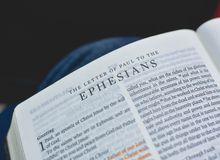
Be sure to invest study in the flow of thought and not just the theological meaning of details.

It is sad to see that the Gospels and Jesus’ own words are re-interpreted in light of the State of Israel for political support.
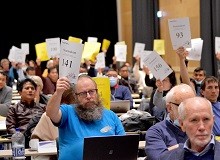
After their annual meeting, Norwegian Baptists may have edged closer to staying together in one church union, although some churches are at odds with the majority.
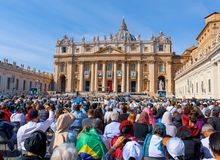
“All Brothers” shows that the mission that Pope Francis has in mind is not the preaching of the Gospel in words and deeds, but the extension to all of a message of universal fraternity.
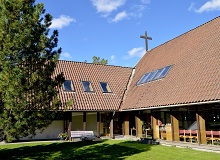
The Norwegian Baptist Union is working hard to avoid a split over theological disagreements on homosexuality.

In this new religion, it is sinful to be told that your desires are sinful. The Good News has been changed from ‘you must be born again’, to ‘God accepts you just as you are’.

We use God’s name in vain when we preach an empty, passive, passion-free Christianity devoid of biblical content.
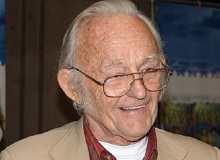
A real pedagogue, he did not write for the scholars, although they admired him, but for common believers who want to think their faith.

The complementary and transforming ministry of ‘fresh expressions’. An article by Michael Moynagh.

Learning from the majority world template of suffering and sacrifice. An article by Israel Oluwole Olofinjana.

The centres start face-to-face classes with significantly less students but boosting its digital resources. “The need to share the message of hope in Christ is even more urgent”.

The State of Theology survey released by LifeWay Research and Ligonier Ministries “reveals that many evangelicals express erroneous views that mirror the broader U.S. population”.

Vatican I further solidified the nature of the papal office as a quasi-omnipotent and infallible figure.

“Evangelicals are sadly drifting away from God's absolute standard in Scripture”, says the chief academic officer of Ligonier Ministries, one of the authors of the survey.
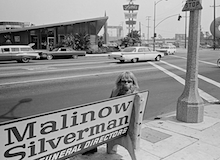
At bottom, we find a theological problem. The apes believe that God has created them to be the masters of the planet, setting them apart from the other creatures.
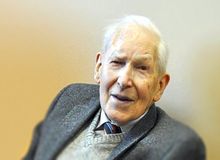
Packer used to say that his conversion had not been spectacular. The preacher showed him at the end of the sermon that, to be able to attend the party, he had to come to Christ.
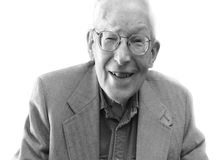
The involvement of James I. Packer with the Evangelicals and Catholics Together initiative has puzzled many of his admirers.

Green parties gained much support in the recent local elections. To face the coming environmental crisis, “Christians will need a better grasp of the big picture of creation, fall and redemption”, says Rachel Calvert of A Rocha France.
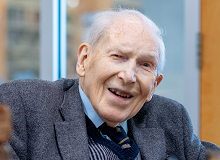
The English evangelical theologian and author of “Knowing God” gained great international influence.
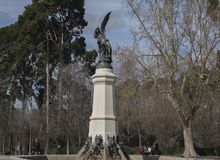
Why did rebellion take place in heaven? Searching diligently, we can find answers in the Bible.
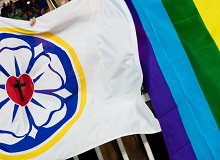
Former leaders of the 3.4 million member Protestant denomination say the church has become “radical” in its ideology.

It’s one thing to know what to protest against. It’s another to know what vision for society, for our nation, for the world, to champion.

Angels, like travellers between two worlds, intervene in this world’s events. And their presence is very real.

For missiological, theological, evangelistic, and strategic reasons, evangelicals must try to enter the Roman Catholic mindset and gently challenge it with the gospel.

The question “Do you believe in God” has been understood in three different ways since antiquity:

Las opiniones vertidas por nuestros colaboradores se realizan a nivel personal, pudiendo coincidir o no con la postura de la dirección de Protestante Digital.